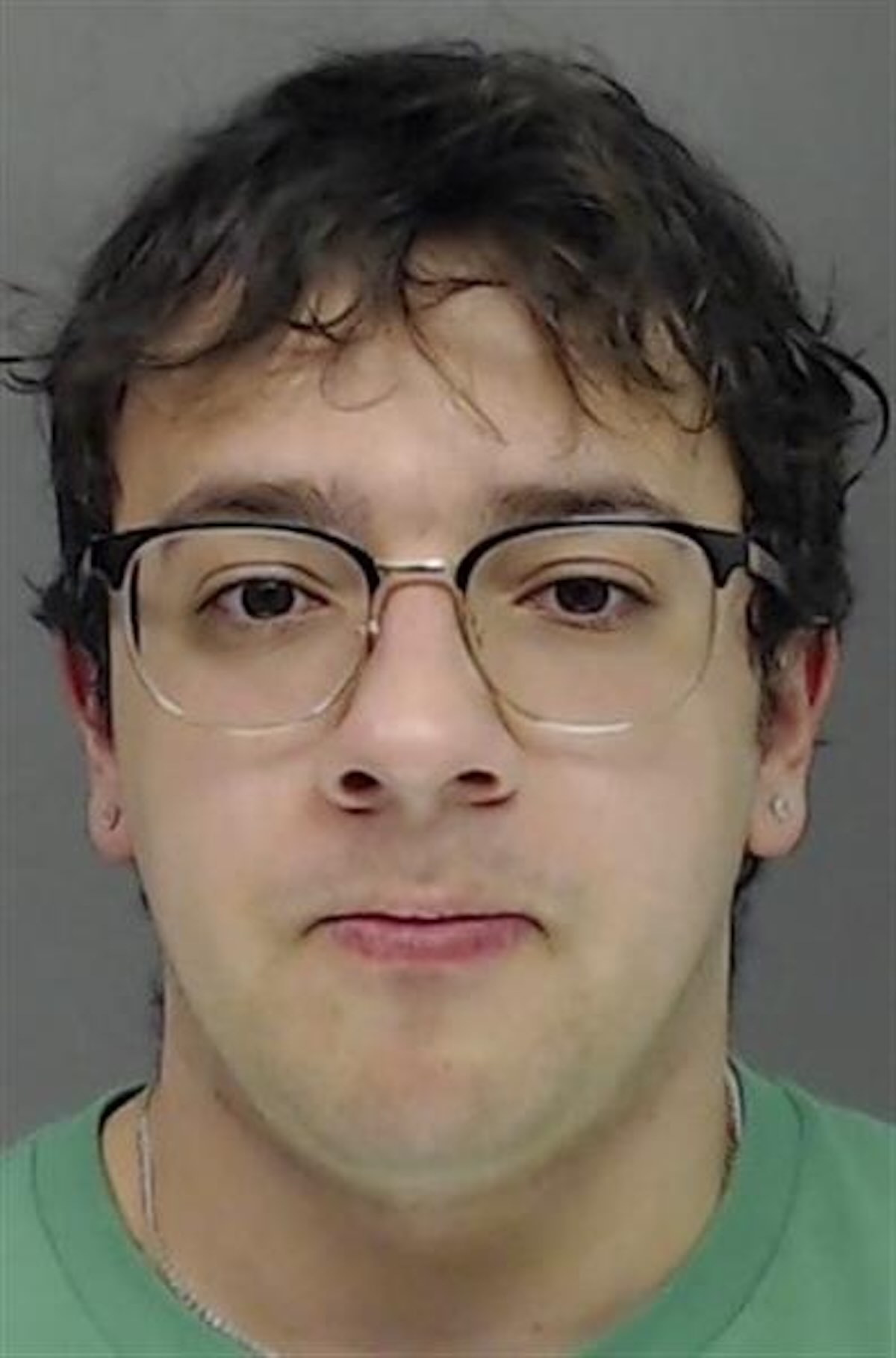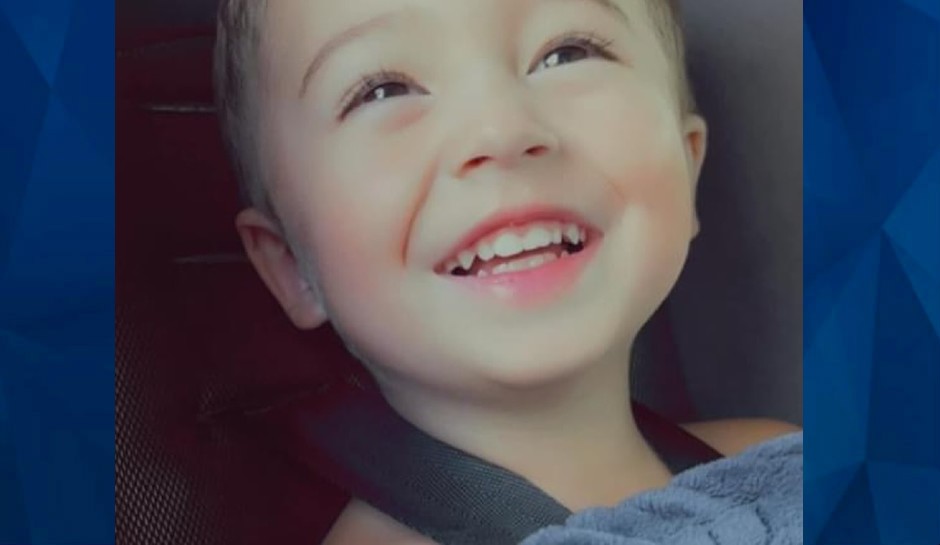Villanova Sexual Assault: Elijah Katzenell Case & Sentencing
Can justice truly be served when a perpetrator of sexual assault walks free? The Elijah Katzenell case at Villanova University raises profound questions about accountability, the efficacy of plea deals, and the agonizingly slow pace of institutional change in addressing sexual violence on college campuses. The case, shrouded in controversy, highlights the complex interplay between legal proceedings, individual trauma, and the broader societal struggle for justice in cases of sexual assault.
In the fall of 2022, at the outset of what should have been a promising academic year, a female Villanova University student's life was irrevocably altered. Inside the confines of a dorm room, Elijah Katzenell, a fellow student, committed a heinous act: he sexually assaulted her while she appeared unconscious. This act, and its subsequent legal fallout, would reverberate far beyond the walls of that room, sparking outrage and igniting a firestorm of debate concerning campus safety and the adequacy of institutional responses to sexual violence.
| Category | Details |
|---|---|
| Name | Elijah Joseph Katzenell |
| Age (at time of incident) | 22 |
| Hometown | Clarksburg, Maryland |
| University | Villanova University |
| Charges | Sexual Assault, Indecent Assault of an Unconscious Person |
| Plea | Guilty |
| Sentence | Seven years of probation, lifetime registration as a sex offender |
| Legal Counsel | Defense Attorney: Art Donato Prosecutor: Assistant District Attorney Meaghan Rafter |
| Related Individuals | Andrew Polun (roommate, admitted assisting in the assault) |
Reference: Delco Times Article
Katzenell ultimately pleaded guilty, accepting a plea deal that saw him sentenced to seven years of probation and required him to register as a sex offender for life. He received no prison time. This outcome ignited a public outcry, with many questioning the leniency of the sentence given the gravity of the crime. The victim, identified in court documents only as C.A., filed a civil lawsuit against Katzenell, Villanova University, and entities associated with the university's College Hall housing complex. Her lawsuit alleges that the university failed to provide adequate security and foster a safe environment for its students, contributing to the circumstances that led to her assault.
The details of the case, revealed in court documents and media reports, paint a disturbing picture. Katzenells roommate, Andrew Polun, admitted to assisting in the assault, a chilling detail that further complicates the narrative and underscores the vulnerability of the victim. Video evidence reportedly exists, showing Polun manipulating the victim's head while Katzenell assaulted her. This added layer of culpability raises questions about the role of bystanders in perpetuating sexual violence and the importance of intervening in such situations.
The case has also brought into sharp focus the institutional responsibility of universities in preventing and responding to sexual assault. The lawsuit against Villanova University alleges a systemic failure to adequately address the issue of sexual violence on campus. The victim's legal team argues that the university's policies and procedures were insufficient to protect students and that its response to the incident was inadequate. This raises broader questions about the effectiveness of university policies in preventing sexual assault and the need for greater accountability in holding institutions responsible for creating safe environments.
The Elijah Katzenell case is not an isolated incident. It represents a recurring pattern of sexual violence on college campuses across the country, and highlights the persistent challenges in addressing this pervasive issue. While some argue that plea deals can be a valuable tool in the legal system, others contend that they often fail to deliver true justice for survivors of sexual assault. The lack of prison time in Katzenell's case has fueled the debate about the appropriateness of plea deals in such sensitive matters and whether they inadvertently minimize the severity of the crime.
Furthermore, the case emphasizes the long-term impact of sexual assault on survivors. The trauma experienced by C.A. extends far beyond the immediate physical and emotional repercussions of the assault. The legal process itself, with its inherent complexities and potential for retraumatization, adds another layer of burden on survivors. The ongoing civil lawsuit serves as a testament to her determination to seek justice and hold both the perpetrator and the institution accountable.
The case also raises the critical question of how universities can better protect their students. The need for comprehensive prevention programs, robust reporting mechanisms, and effective support services for survivors is paramount. Additionally, fostering a culture of consent and bystander intervention is crucial in creating a campus environment where sexual violence is not tolerated. The Katzenell case serves as a stark reminder of the work that still needs to be done to ensure the safety and well-being of students on college campuses.
The conversation sparked by the Elijah Katzenell case is a difficult but necessary one. It demands a critical examination of our legal system, our institutions, and our societal attitudes towards sexual violence. It calls for a renewed commitment to supporting survivors, holding perpetrators accountable, and creating a future where incidents like this become a tragic relic of the past, not a recurring nightmare.
While information regarding Katzenell's aspirations and extracurricular activities at Villanova is readily available, it is essential to focus on the gravity of his actions and their lasting impact on the survivor and the university community. Any discussion of his potential or accomplishments should not overshadow or diminish the seriousness of the crime he committed.


